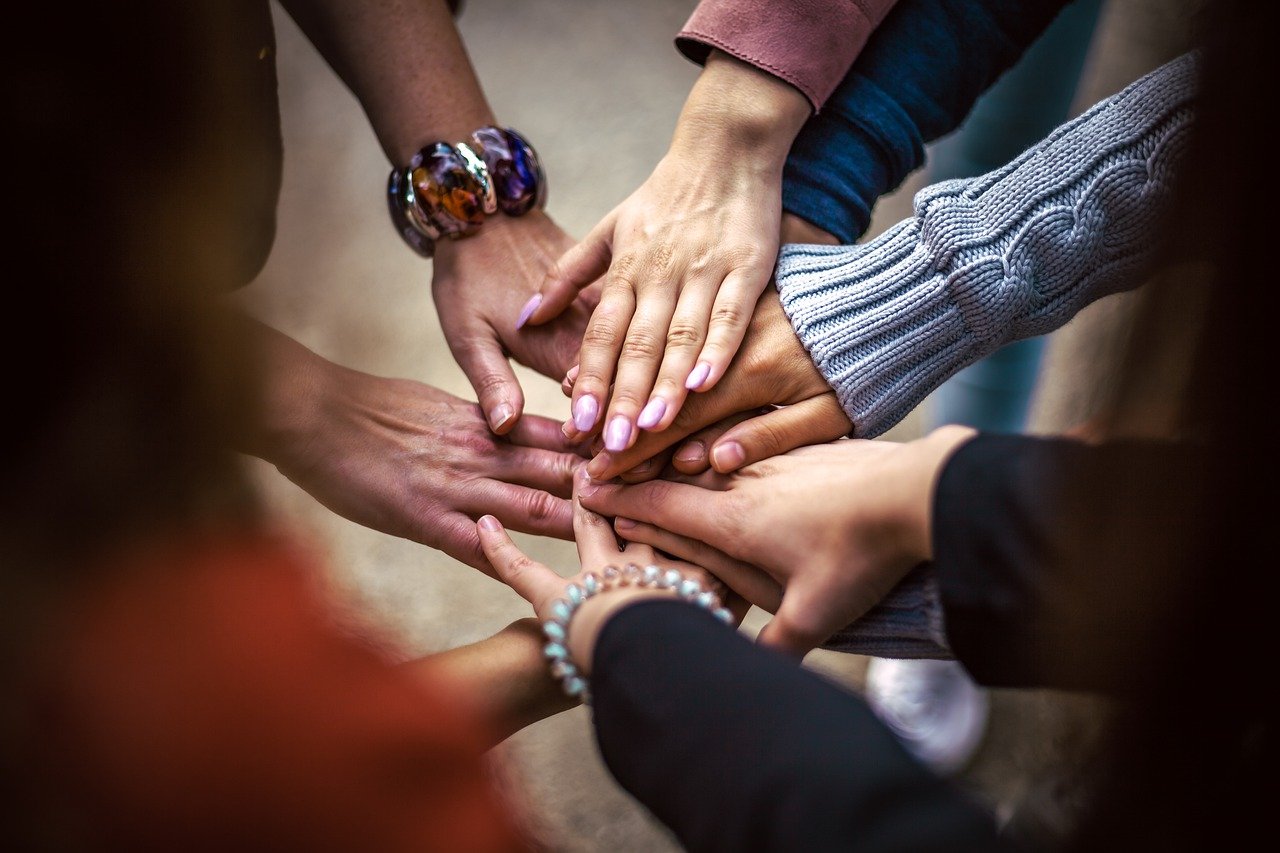
Last Wednesday morning, I convened a Zoom meeting of clergy in my area. Our discussion centered around the recent Christmas holidays, the election results in the Georgia run-off election as votes were still being counted, and a shared devotion for the day of Epiphany.
Epiphany is a word that comes from the Greek, meaning a revealing or an uncovering. Christians assign it to the day that we remember the arrival of the wise ones who came to offer homage to the young Jesus. Their journey from the east in King Herod’s name was transformed as they bowed to the then-revealed holy one. Their hearts were opened, and they returned to their homes without reporting to Herod. Herod, the power-hungry jealous ruler, responded by ordering the killing of male children aged two or younger. (Luke 2) That Epiphany was an uncovering of not only the power and glory of God but the cruel and vicious nature of the king.
Last Wednesday afternoon, I watched as our United States Capitol building was stormed. The heart of our democracy was laid bare in the hours that passed before the building was secured and our legislators reconvened.
Since then, I have struggled for words to express what my own heart holds. Last week, Rev. Beth Long-Higgins gave the introduction to this series and included these words:
And here we are again, stepping into a new year. We know that many divisions in our country carry over from 2020. These divisions were not created in the past year or during the previous administration, or even in this century. They are deep. They are painful. And the heartbreak threatens us all.
“The heartbreak threatens us all.” It doesn’t matter what your politics are; this collective sense of heartbreak affects (threatens) us all.
We’re All in This Together
Parker Palmer’s book Healing the Heart of Democracy was written and edited long before Wednesday. Still, his Five Habits of the Heart offer us all a measure of evaluation, examination, and hope. The first, “we’re all in this together,” seems simple, simplistic even. But that would be the simple assessment and one that misses the richness of reflection.
On Wednesday afternoon, it was so easy to be aligned with one “side” or the other in the mob’s actions at the capitol. It was easy to assign blame to those we view as “against” our view. It was easy to slip into judgment and name-calling and was difficult to see into the hearts of those with whom we disagree.
But Palmer calls us to see those hearts, really see those hearts, as beating in the chests of other human beings. He reminds us that theologians, scientists, economists, ecologists, and more have urged us—ALL of us—to see that humanity is interconnected, that we are all in this together. He challenges us to allow an epiphany that reveals the essence of our shared lives.
It is so hard to hold onto a sense of connection on so many layers. Palmer encourages us to begin with those closest to us - people like the estranged family member, the co-worker with whom we argue, or the neighbor whose habits drive us to frustration, which might just be the hardest.
Each of us shares the heartbreak of the human condition, whether ordered by politics or geography or religion or so many other ways. We’re all in this together—heartbreak or healing.
As he does for all of the five habits, Palmer poses a question for our reflection. Without offering a position on any of the divisions he sees in our humanity, he asks, "do you live with a conscious belief that ‘we’re all in this together’?” Do you live as though we are connected, sharing common hopes? Do you recognize all of humanity?
On Thursday last week, Parker Palmer wrote some reflections on the events of Wednesday. Here is a segment of what he shared on his Facebook page. Palmer asks the question that so many of us struggle with, “how can I creatively engage family members, friends, folks online....the urgent questions of this moment?” How, indeed?
We begin by claiming a “conscious belief that ‘we’re all in this together.’” We start by seeking an epiphany of understanding and open-heartedness. We begin.


